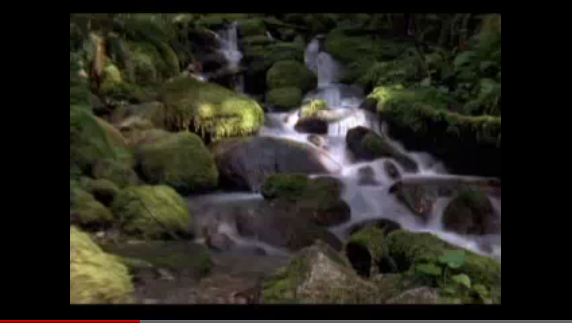Posted by Diane Morrow on March 2, 2009 in Uncategorized

A novel about loss and home Last week I wrote about the movie, Finding Forrester, and the notion of using someone else’s words to ease one’s way into writing. Borrowing another writer’s rhythms as a way of beginning. So this week I found myself looking for passages that are particularly evocative. This is such a personal thing—finding passages that resonate. Maybe each person has to search for themselves to find the right piece of writing from which to continue writing—or from which to leap. But here, in any case, are two passages that I found. They’re from Marilynne Robinson’s lyrical novel, Housekeeping. She is probably better known now for her more recent novels, Gilead, which won the Pulitzer Prize in 2005, and a kind of sequel to that novel, Home. In 1980 she published this brief novel, Housekeeping, about which Doris Lessing says on the cover, “I found myself reading slowly—this is not a novel to be hurried through, for every sentence is a delight.” It’s the kind of novel that makes me want to pay attention to paragraphs and sentences, to reread them, to linger over them. Copy them. Learn from them as I type them in. First, the place, from page 9: It is true that one is always aware of the lake in Fingerbone, or the deeps of the lake, the lightless, airless waters below. When the ground is plowed in the spring, cut and laid open, what exhales from the furrows but that same sharp, watery smell. The wind is watery, and all the pumps and creeks and ditches smell of water unalloyed by any other element. At the foundation is the old lake, which is smothered and nameless and altogether black. Then there is Fingerbone, the lake of charts and photographs, which is permeated by sunlight and sustains green life and innumerable fish, and in which one can look down in the shadow of a dock and see stony, earthy bottom, more or less as one sees dry ground. And above that, the lake that rises in the spring and turns the grass dark and coarse as reeds. And above that the water suspended in sunlight, sharp as the breath of an animal, which brims inside this circle of mountains. I love the sense of layers here. The layers of the lake, which fit well with a sense in this novel of layers beneath layers. The novel doesn’t so much move forward—though it does that too—but rather it lays down one layer upon another upon another. Here is a passage about the narrator’s grandmother, from the same page. A portrait: It seems that my grandmother did not consider leaving. She had lived her whole life in Fingerbone. And though she never spoke of it, and no doubt seldom thought of it, she was a religious woman. That is to say that she conceived of life as a road down which one traveled, an easy enough road through a broad country, and that one’s destination was there from the very beginning, a measured distance away, standing in the ordinary light like some plain house where one went in and was greeted by respectable people and was shown to a room where everything one had ever lost or put aside was gathered together, waiting. She accepted...
read more




